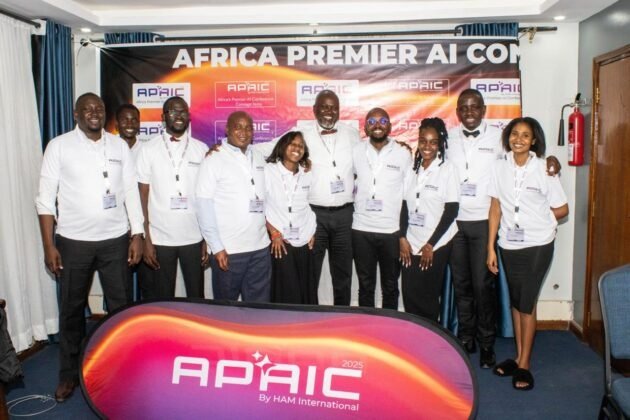The Green Climate Fund (GCF) has announced a record-breaking $1.2 billion investment package to support 17 new climate action projects across Asia and Africa, marking its largest funding round to date.
The approval, granted during a recent board meeting attended by donor countries ,including the United States ,comes at a time when global development aid is under strain.
According to the Organisation for Economic Co-operation and Development (OECD), official development assistance dropped by 9% in 2024 and is projected to fall by an additional 17% in 2025. The cuts have been attributed largely to reductions in U.S. foreign aid under the administration of President Donald Trump.
Despite these headwinds, the GCF remains focused on bolstering climate resilience in lower-income countries. The newly approved projects aim to strengthen adaptation and mitigation efforts in vulnerable regions.
Among the key allocations, East Africa is set to benefit from $150 million to transform food systems and enhance climate resilience for approximately 18 million people. This initiative is expected to improve agricultural sustainability, combat food insecurity, and build resilience against the adverse effects of climate change.
Other key funding allocations include:
- $227 million to support the development of green bond markets in 10 countries, a move aimed at strengthening sustainable finance ecosystems and mobilizing investment for climate-smart infrastructure.
- $200 million for the India Green Finance Facility, which will help scale up renewable energy deployment and enhance energy efficiency across key sectors.
With this funding round, the GCF’s total investment portfolio will rise to $18 billion across 133 countries. To date, donor nations have pledged $29.9 billion, of which $21 billion has been disbursed.
In a bid to accelerate project implementation, the GCF board also approved structural reforms to streamline its collaboration with partner organizations, including multilateral institutions and Direct Access Entities (DAEs) in developing countries.
One of the key changes includes reducing the accreditation process for DAEs from 30 months to under 9 months, by shifting most due diligence reviews to the project stage rather than the entity level.
GCF Co-Chair Seyni Nafo emphasized the importance of scaling up climate action amid rising global challenges.“At a time when joint action is urgently needed, the Green Climate Fund is stepping up to deliver on its mandate to support the world’s most vulnerable,” he said.



